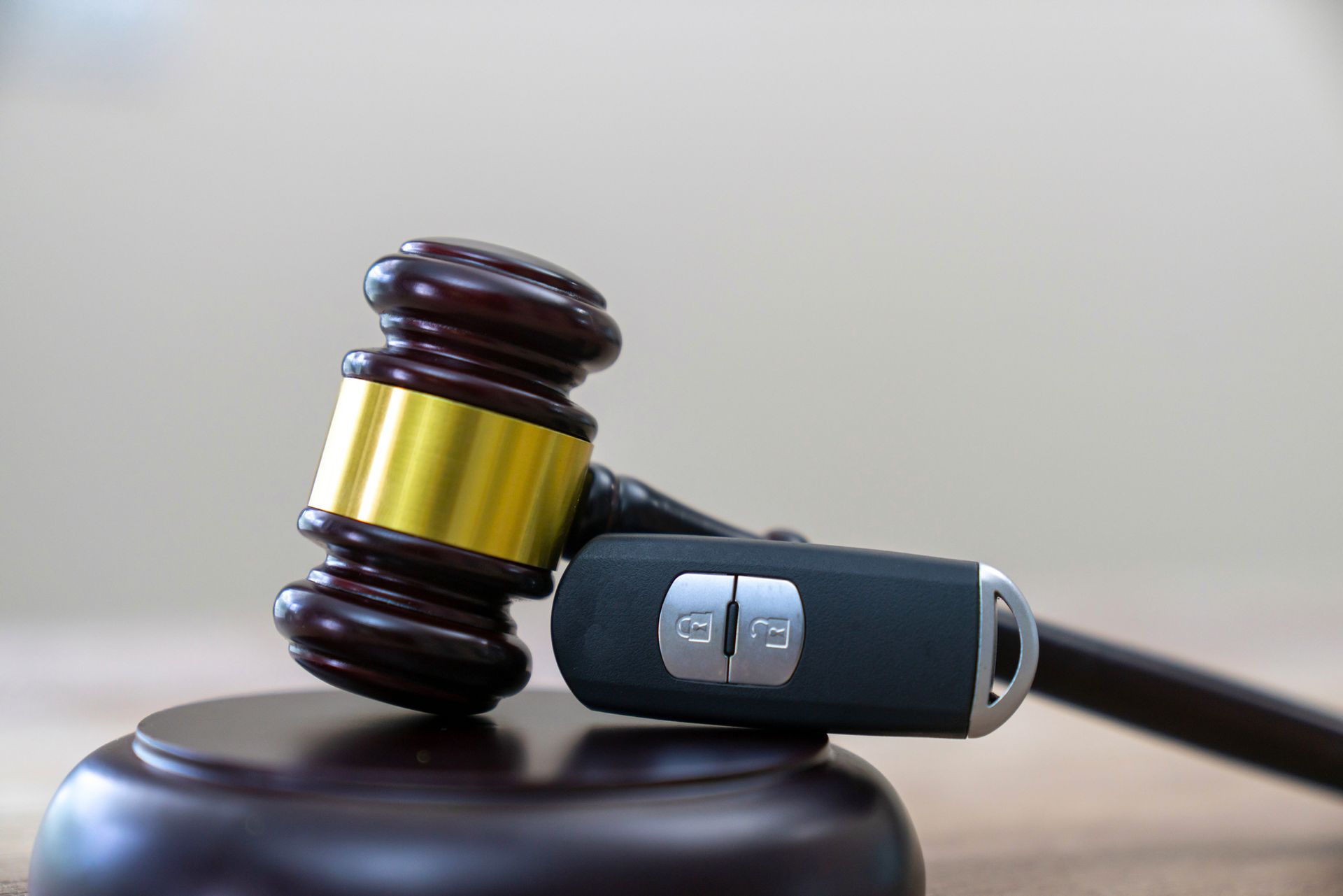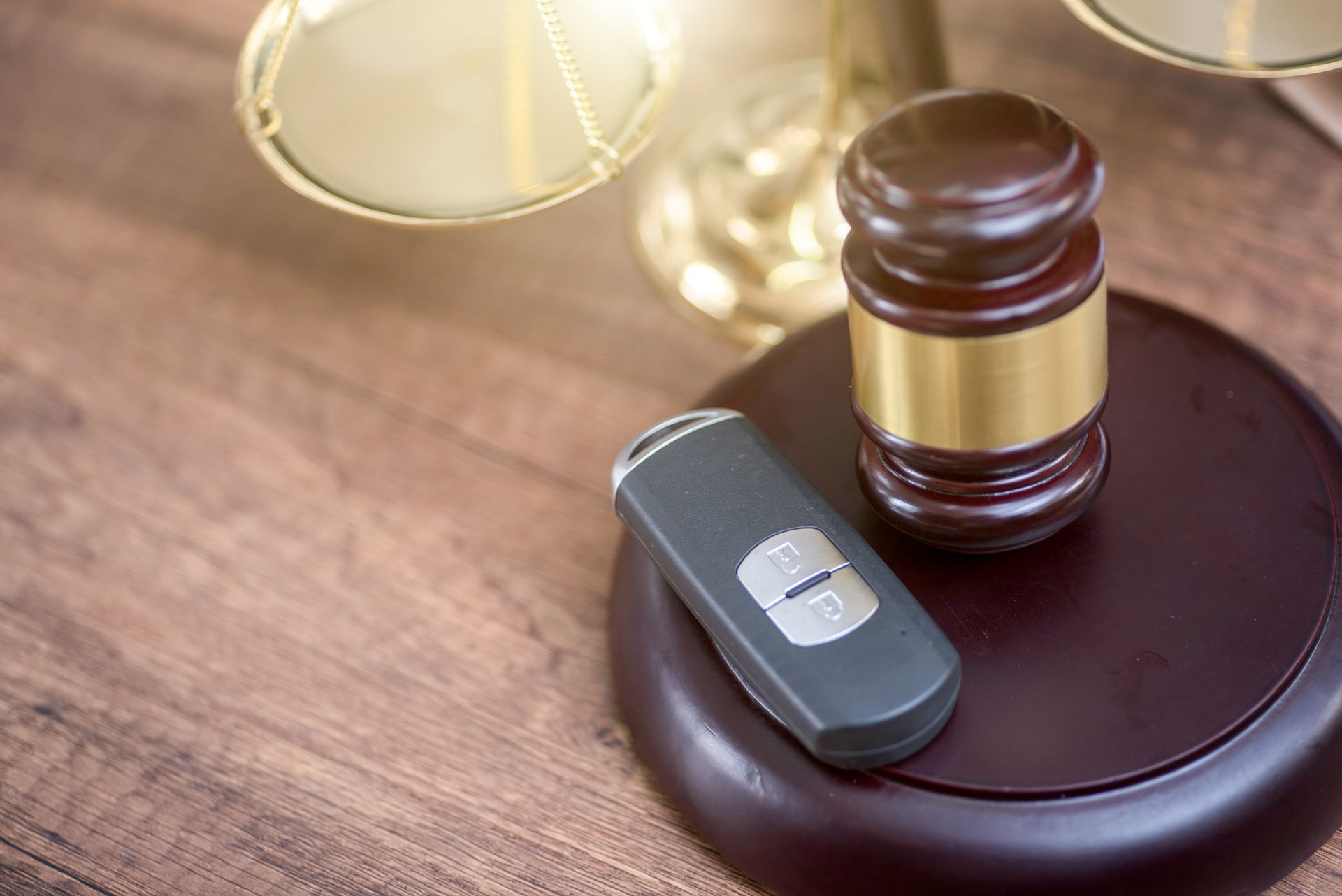What to expect after your DUI arrest
The DUI court process can be confusing, especially if you have never faced criminal charges before.
Unfortunately, a lack of knowledge leads many people to plead guilty without fully understanding their options or the consequences of a guilty plea.
Arraignment
During the arraignment, you enter a plea of guilty, not guilty or no contest.
If you plead guilty or no contest, you will have a DUI charge on your record for five years; this comes with financial and professional costs. If the state has strong evidence against you, you may see no option but to plead guilty. However, you may have options to fight the charge.
Preliminary hearing
If you plead not guilty at your arraignment, the court schedules a preliminary hearing. At this point, the judge decides whether the evidence is sufficient to bring your case to trial.
ADLRO hearing
In Hawaii, the Administrative Driver’s License Revocation Office handles civil penalties for DUI cases. After your arrest, ADLRO normally suspends your license. You can then request an ADLRO hearing. In limited circumstances, the ADLRO may authorize an employee driver’s permit or ignition interlock device.
The ADLRO operates separately from the court. Even if the court dismisses the charge or acquits you, the ADLRO can uphold the license suspension.
Trial
Most DUI trials are bench trials; a judge decides the outcome of your case. At your trial, you and the prosecutor have the opportunity to present evidence and call witnesses. Bench trials generally take a few hours.
It is important to understand the charges against you and the legal process that takes place following a DUI arrest. This understanding improves your chances of a favorable outcome.
The post What to expect after your DUI arrest appeared first on Law Offices of Dean C.M. Hoe.





